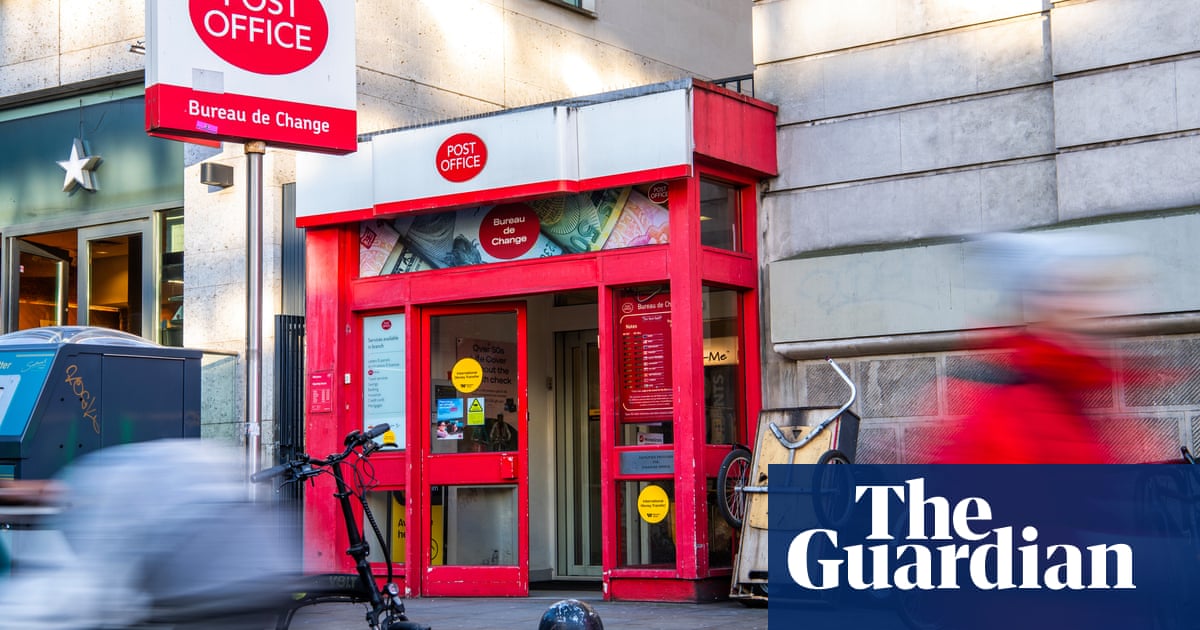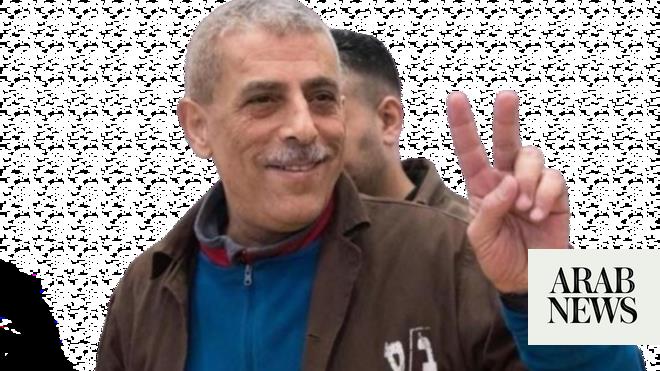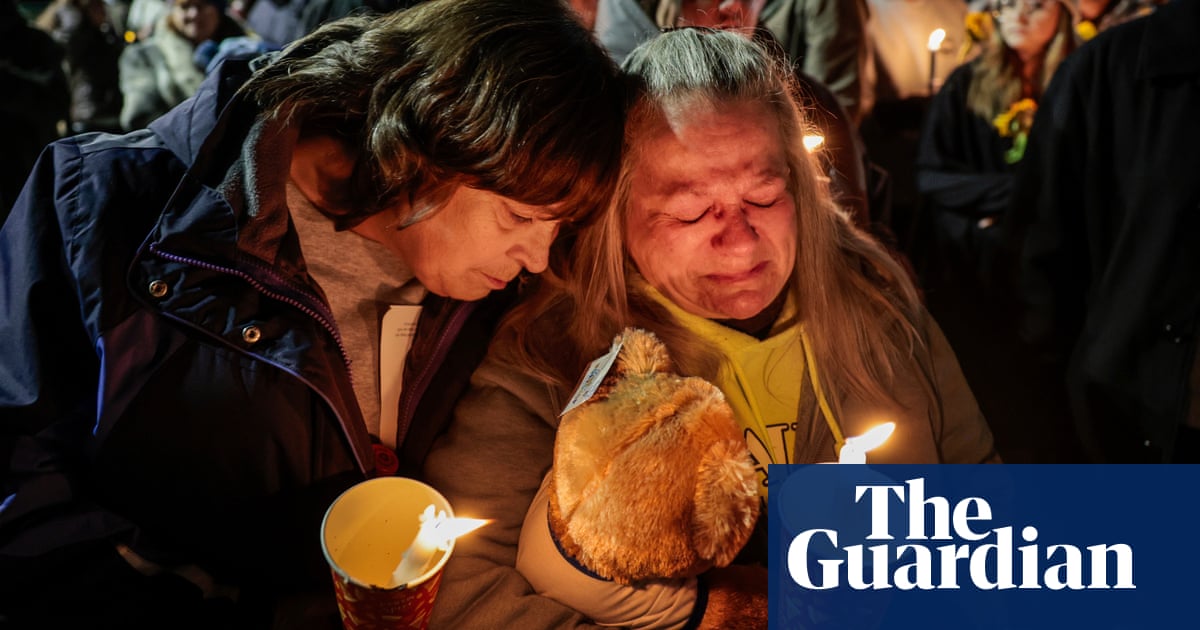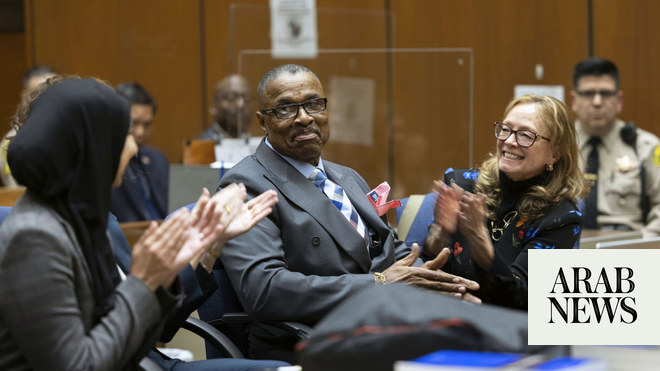
During the 38 years Kris Maharaj spent incarcerated in Florida prisons insisting he was innocent of murder, his wife, Marita, dreamed of a life together back in Britain.
This week they will finally be reunited on home soil but not in the way she had hoped.
Maharaj died in a prison hospital on 5 August at the age of 85. His body is expected to be flown home by the weekend once final bureaucratic hurdles are cleared.
The human rights lawyer Clive Stafford Smith has represented Maharaj pro bono since 1993 when he was on death row – and now he is focused on getting his body back.
In April Stafford Smith brought Marita to resettle in Britain in his own home town of Bridport, Dorset, hoping that her husband could follow her. Instead, it is here where she plans to bury him.
Marita said: “I never dreamed that that would happen. I always had the hope that we would have, not long, but a few years together.”
Stafford Smith succeeded in commuting Maharaj’s sentence to one of life imprisonment but was unable to persuade the authorities to release him, despite a judge declaring in 2019 that Maharaj had proved his innocence by “clear and convincing evidence”.
The bar to Maharaj’s release was a law that meant evidence of innocence was not enough to free him – and last year the US federal supreme court declined to review it. Stafford Smith said: “It was at that point that I sat Kris down and said, look, this is hopeless. We need to try to transfer you back to Britain.”
Maharaj was convicted of the 1986 Miami murder of his ex-business partner Derrick Moo Young, as well as Derrick’s son Duane. Moo Young allegedly owed Maharaj money from a property deal but evidence unearthed since points to the double murder being carried out by hitmen for notorious Colombian cocaine kingpin Pablo Escobar.
Stafford Smith established that the Moo Youngs were said to have stolen laundered money from Escobar’s cartel. Former members of the cartel later testified that the men’s deaths were an ordered hit.
A former US drugs enforcement agent then revealed in 2017 that the hotel room opposite the one where the Moo Youngs were killed was occupied by known cartel hitmen and launderers at the time of the murders.
Maharaj’s health had deteriorated significantly in recent years, and he had diabetes, heart trouble and a kidney condition. His cataracts meant he could no longer enjoy his passion for reading.
Once Marita arrived in Britain this year the plan was for Maharaj to be handed over to the UK authorities who would probably have released him. But a transfer application made to state authorities in April had still not been responded to when he died.
The British Trinidadian businessman moved to England in 1960 and made his fortune importing bananas. The millionaire once owned racehorses and kept a fleet of Rolls-Royces at his home in Peckham, south London.
Marita maintained constant support for her husband, staying in Florida in increasing penury and with precarious immigration status. She was only able to stay in a studio flat thanks to charity and would wait by the phone for her husband’s daily five-minute call from prison. For decades she even set his place at the dinner table.
Now she is determined to fulfil his final wishes. “I feel guilty that I came here because I told him before that I will never leave without him,” she said.
“There were three things that he wanted to do. He wanted to clear his name, to move to our home – that is England – and that when we died we would be buried together. He and myself side by side so we’ll never be separated.
“I’m trying to do all these things. I’m trying to keep fighting to clear his name because I know that’s one thing he always wanted.”
Stafford Smith is also determined to continue that work. “We’ll carry on … I want my revenge on the state of Florida, I just think what they’ve done to Kris is so bad.”
Assuming Maharaj’s body is successfully transferred to Britain in the coming days, his funeral is planned to take place at Bridport Catholic church on 27 August.
At 65, much of Stafford Smith’s work is now focused on finding the next generation of human rights advocates.
He has set up the Justice League, using apprenticeships and work in schools to encourage young people in Britain and America to become legal human rights specialists. As part of this, he has also established the postmortem project, using lawyers and students to represent 187 people who were executed with potential wrongful convictions.
Not one to walk away from clients, Stafford Smith has also kept on those death row and Guantánamo cases that remain unresolved after formally standing down from his role at Reprieve, the organisation he founded to represent victims of human rights abuses.
But no case has haunted him as much as Maharaj’s. “I view this as one of my massive failures,” he said. “The idea that he didn’t prevail, I just can’t fathom it.”












